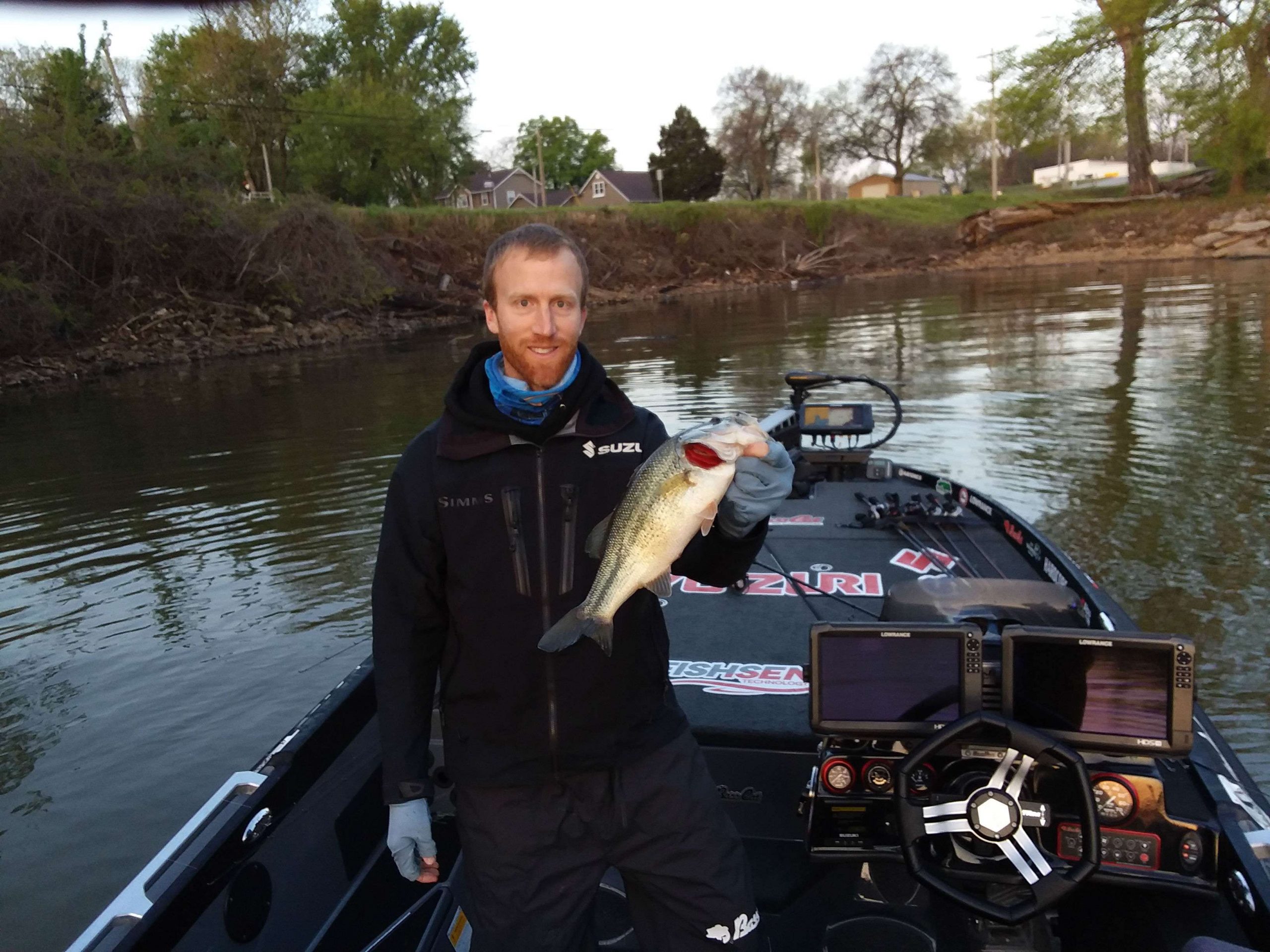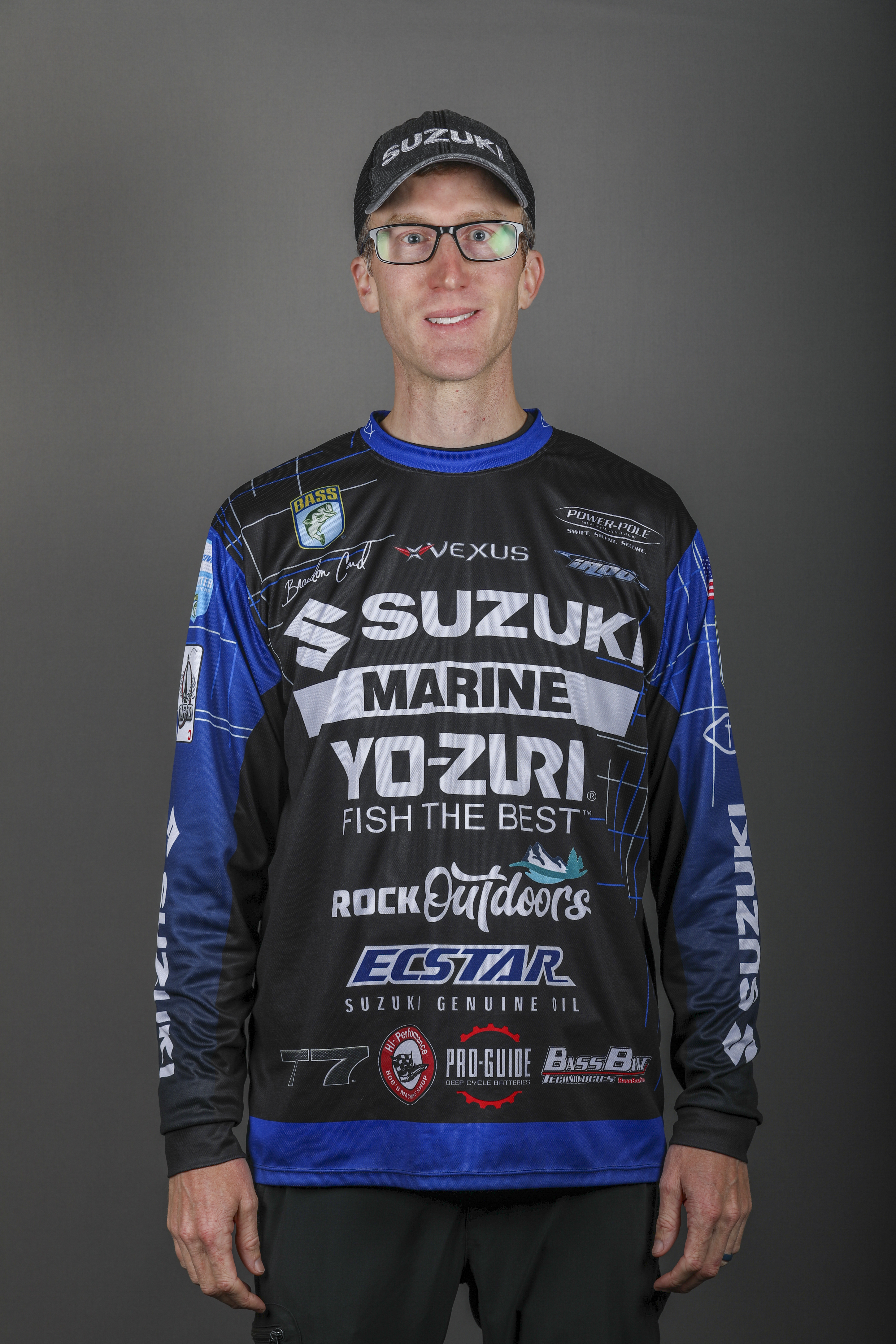
On Dec. 1, 2018, I will host my annual High School and College Open bass tournament on Norris Lake in Tennessee. I figured it would be a good time to discuss how to go from being a student angler to becoming a Bassmaster Elite Series pro.
High school and college fishing programs are bigger and better than they’ve ever been, and they’re sure to keep growing and improving. I can’t think of a better way to start climbing the ladder to the Elites.
I know something about this because my journey to the Elite Series began when I was a student at the University of Kentucky. In 2012 I became the first collegiate angler to compete in the Elites.
One of the main questions I get from high school and college anglers is: “What should the next step be for me to work toward my goal of being a professional fisherman?”
Most of the students I talk to are overly concerned about getting sponsorships. Some are almost consumed with it. They seem to believe that financial support from sponsors is the key to becoming a bass pro.
That’s backward thinking in my view. I did not acquire a single financial sponsor until after I qualified for the Elite Series.
The time and energy you exert seeking and working for sponsors would be better spent fishing and competing in tournaments. As with any other sport, you must constantly strive to improve your skills if you hope to compete at the highest level.
When I was in college I worked a variety of part-time jobs so I would have enough money to fish tournaments. I painted houses, worked in construction, at a grocery store, as an intern at a large landscaping operation and waiting tables.
Waiting tables produced the best money and also flextime for fishing tournaments. If I needed to make more money for the next tournament, I could always pick up three or four shifts. When I needed time off for a tournament, there were always people willing to trade shifts with me. Those jobs kept me on the water.
Once I graduated from college, I needed a good full-time job with flexible hours that would afford free time to fish tournaments. A 9-to-5 job with two weeks vacation just wouldn’t cut it.
In college I majored in landscape architecture. The best option for me was to start my own design, build and landscape company with my older brother, Jordan, so we could set our own hours. Jordan also fishes tournaments. My dad, Ab, also worked with us.
I booked jobs to install new patios, fire pits, pond and waterfall features and other things. I would schedule the jobs around tournaments and then bust it to get work done when I got back. I made good money and was able to save for Elite Series entry fees. I needed those savings when I qualified for the Elites via the Bassmaster Southern Opens in 2011.
I believe one of the things that helped me qualify for the Elite Series was spending as much time on the water as possible and not pursuing sponsors too early in my career. Sponsors are extremely important for my career now as professional angler. Most companies in the fishing industry would agree with me that sponsorships should wait until after you have qualified to fish on the Elite Series.
A great alternative to sponsorships is student angler programs. Abu Garcia is leading the charge with their Student Angler Program. Not only do high school and college teams get great discounts on Abu Garcia products, but they also get team fundraising opportunies and pro angler mentorship where Elite Series anglers actually mentor the team for an entire year. It’s a great program and you can check it out online.
Another thing I recommend to any aspiring bass angler is to become a Marshal at Elite Series tournaments. If there had been Bassmaster Marshals when I was in college, I would have been one multiple times. You can learn so much in that three our four days for around $150. You’d pay $300 to $500 per day to hire a guide, and you’d only learn from one guy.
For more on Brandon Card, please follow him on Facebook and Instagram.

